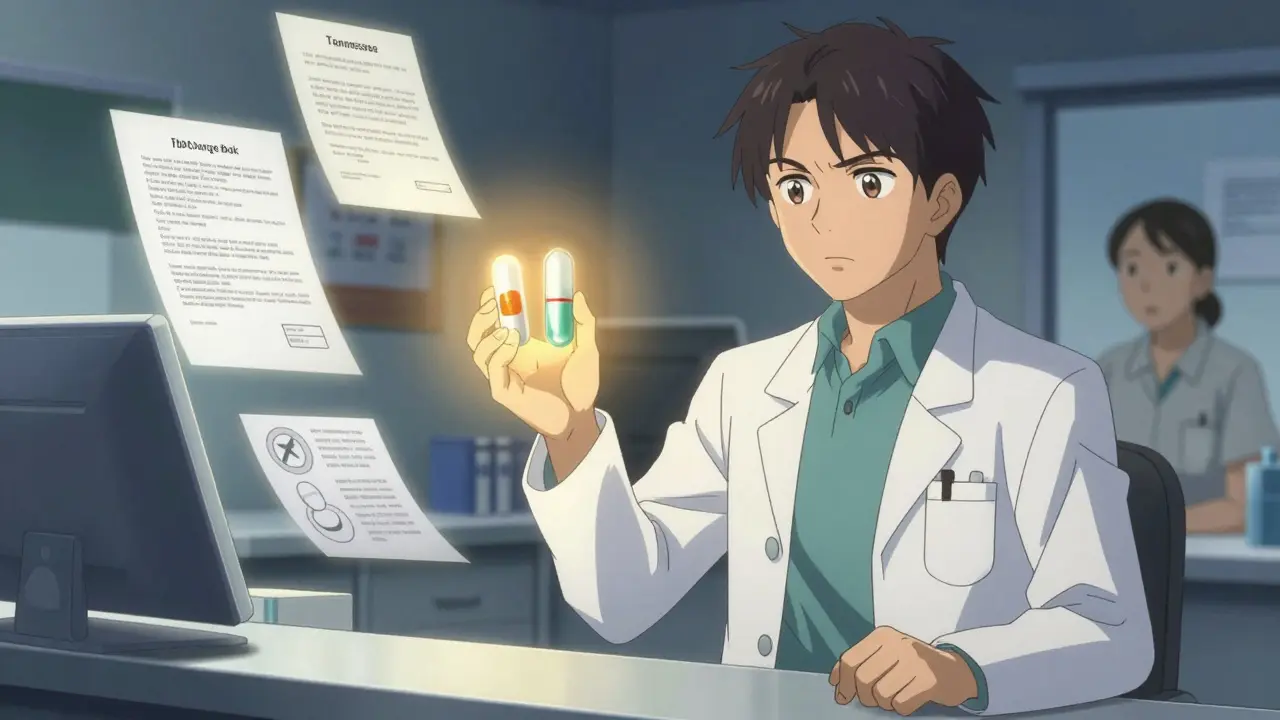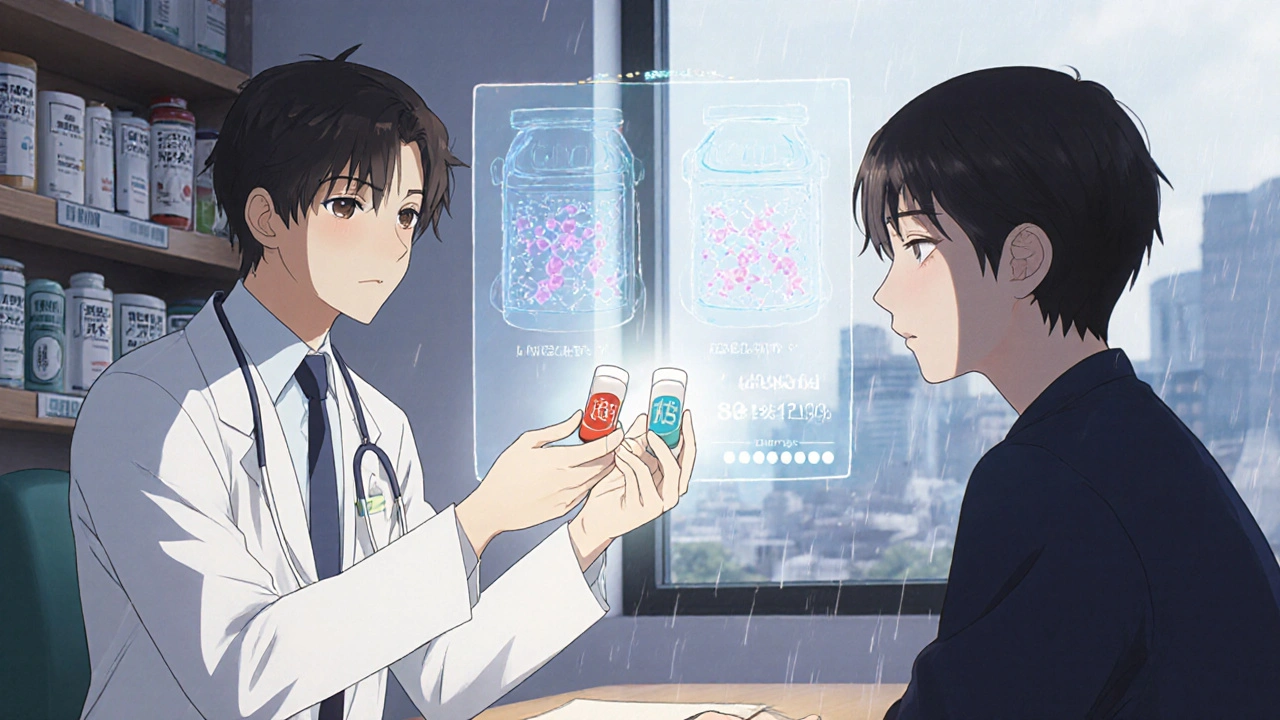Generic Substitution: What It Means and Why It Matters
When you hear generic substitution, the practice of replacing a brand-name drug with a chemically identical generic version approved by regulators. Also known as drug interchange, it’s one of the most common ways healthcare systems cut costs without sacrificing outcomes. This isn’t guesswork—it’s science. Every generic drug must pass strict bioequivalence testing, a process that proves the generic delivers the same amount of active ingredient into your bloodstream at the same rate as the brand-name version. If it doesn’t match, it doesn’t get approved. The FDA and similar agencies worldwide don’t allow generics to hit shelves unless they perform identically in real human bodies.
Many people worry that generics are "weaker" or "lower quality," but that’s not true. The same factories often make both brand and generic versions—just under different labels. What changes is the price. Brand-name drugs carry years of marketing, research, and patent costs. Generics skip all that. The active ingredient? Identical. The pill’s shape? Might be different. The effect on your body? The same. medication safety, the assurance that drugs work as intended without harmful surprises. That’s why pharmacists can legally swap brands for generics unless your doctor says otherwise. And in many countries, they’re required to unless you opt out.
But it’s not always straightforward. Some conditions need extra care—like thyroid meds, seizure drugs, or blood thinners—where tiny differences in absorption matter more. That’s why your doctor might write "dispense as written" on your prescription. Still, for most people, switching to a generic is safe, smart, and saves hundreds a year. You’ll find posts here that break down exactly how bioequivalence testing works, why some drugs are harder to substitute, and how culture shapes whether people trust generics at all. You’ll also see real examples: how metformin, hydroxychloroquine, and other common meds behave when swapped. And yes, we cover the risks too—like when herbal supplements like Danshen clash with generics, or how bad handwriting on old prescriptions can undo all the safety checks. This isn’t theory. It’s what happens in pharmacies, clinics, and homes every day.


